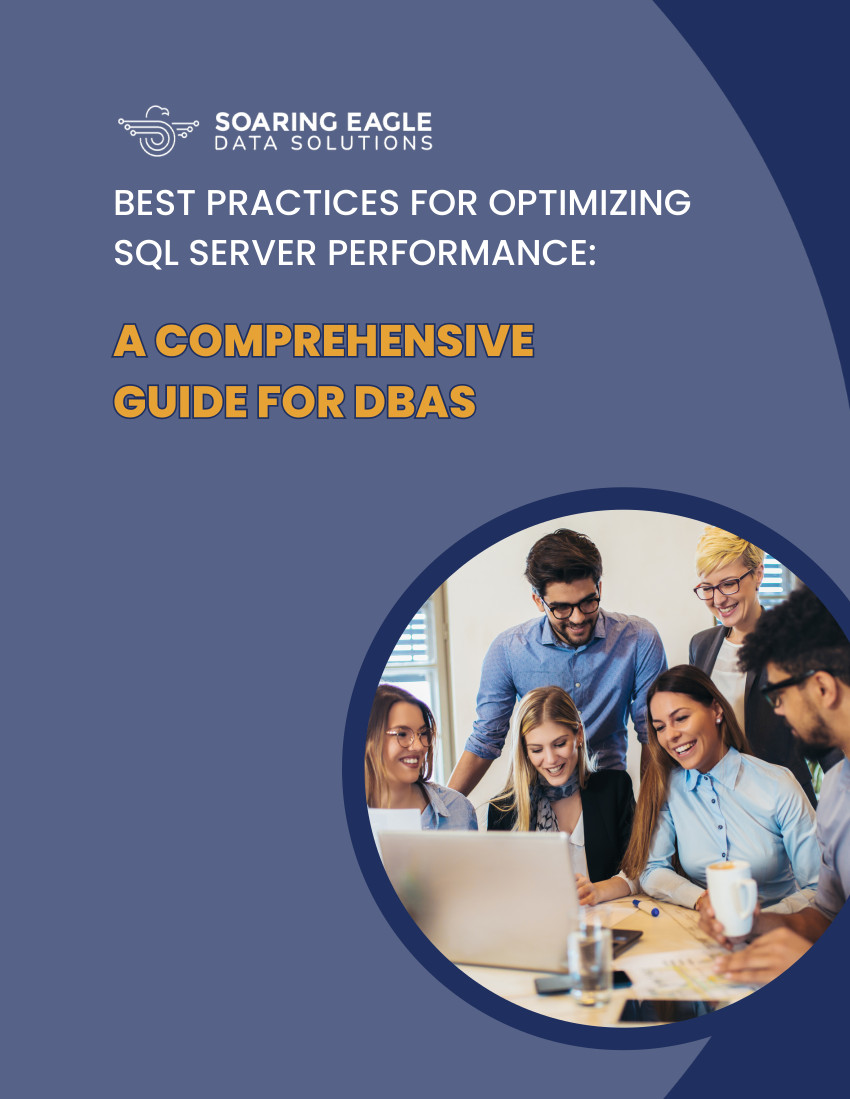
Most of us grew up without a thought about slow data performance. Do you remember growing up with no computers? We’d have fun outside with our friends, or stay inside and read books. Our parents saved information in phone books, calendars, paper logs, and business journals. Those were the days. But if one of those items got lost, everyone would be out of luck.
Then technology came along and made our lives easier. We don’t even have to memorize phone numbers anymore. Anything we need is stored in a computer, a phone, a server, a cloud. And while we love the security and convenience, sometimes, data will run slow, frustrating our privileged way of life. You have a business to run, so what can you do to prevent data from slowing down?
1. Update Your Software
This one seems like a no brainer even the less tech savvy would know about. However, how often do we fail to update a system because we’re too busy or in the middle of something when the reminder pops up on our screen? Pause for a minute (or five) and get this done. Prioritize what’s important. Ensuring the efficiency of your database and protecting it from vulnerabilities to cyber attacks should take precedence over most things in your business.
2. How Old Is Your System?
If you bought those computers in 2007, they’re not going to dazzle anyone with their slow data performance. Or maybe the issue is your hard drive. You can conduct a health check to see if it’s still functional. If it is, you could replace your hard drive with an SSD or HDD. If you’re still having issues, it might be time to purchase a few new computers.
3. You Need More Storage Space
Before you groan thinking about how to solve this, first see if there’s data you can get rid off without disrupting your business: is your computer’s trash bin empty? Have you downloaded data you no longer need? (pictures for web design or business blogging, music while you were working, outdated information?) Solving this problem might be as easy as decluttering.
4. Your System May Be Compromised
How often do you scan for viruses? Do you have a cybersecurity plan in place? If an employee inadvertently opens a compromised file, would he or she know who to contact to do damage control? Is your data backed up in case of a system failure or an attack like ransomware? These are things that have to be in the forefront of your mind, not only because it will ensure your data loads quickly, but also because it makes good business sense.
If you’ve done everything right and you still can’t figure out why your databases are running slowly, Soaring Eagle Consulting can assess the issues and provide you with practical solutions. From SQL modifications to disaster recovery, we can help your business get back on track. Call us and let us know how we can help you.


